As you sit down for your interview and bench test preparation, you are faced with options. You could attend a live bench test prep course, take online classes, watch YouTube videos, or even join WhatsApp or Facebook groups where candidates critique each other’s work. Each candidate must figure out what suits them best—and that’s a great thing. Every candidate has the right to a path that suits their individual learning process.
But as you also know, these are high-stakes and life-changing tests. Passing the bench test and interview is the difference between acceptance and having to put your life on hold for yet another year.
I’ve always believed that professional mentorship from a seasoned expert is the most proactive and productive way to spend the little time you have to prepare yourself once you get an interview invitation. How could working with a seasoned expert who has helped many applicants before not give you a tremendous head start? And in this competitive landscape, every advantage counts.
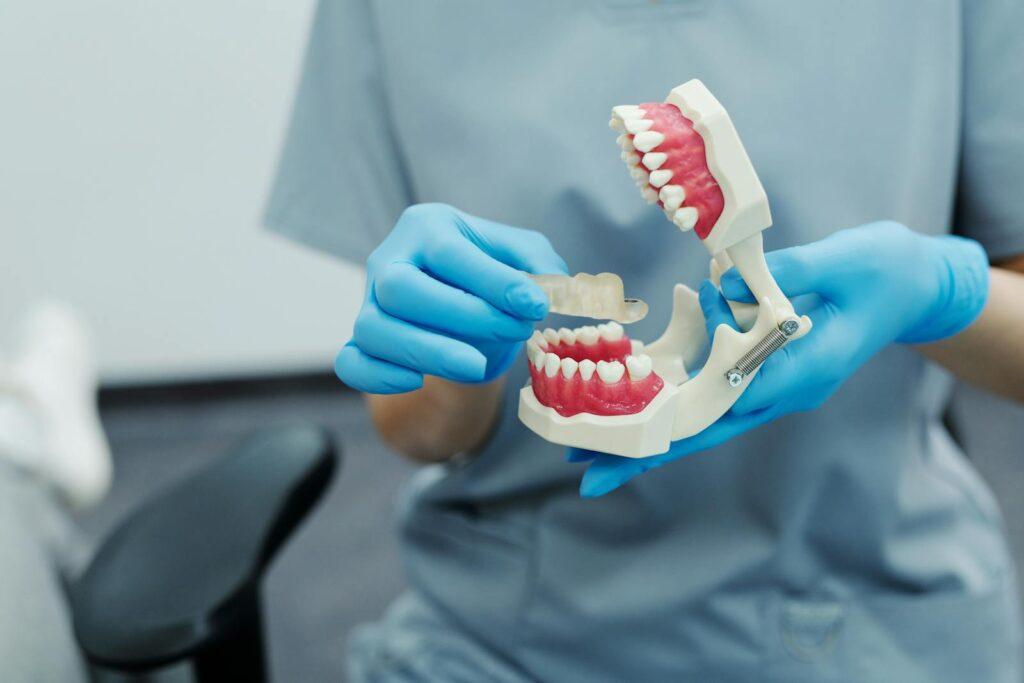
But obviously, not every bench test prep course is created equal. That’s why I’ve put this article together: to give you some honest commentary on what to look out for in choosing a course, as well as how we’ve addressed those concerns in our LIVE course. My hope is that it will give you some pointers to consider that haven’t crossed your mind before, and assist you in cutting through the noise in finding the best bench test prep course for you.
Limitations of many Bench Test Prep Courses
Not all bench test prep courses are created equal. Over the years, I’ve seen (and even taught in) many different formats, and I want to share a few common challenges that candidates should be aware of before making an investment to attend a course:
1. Short Duration (Too Few Days)
I’ve taught live bench test prep courses lasting 3–5 days before. While candidates definitely made meaningful improvements, the course often ended with both them and me wishing for more time. Anything less than 5 days just isn’t enough. Unless the course happens to be in your own neighborhood (eliminating travel costs) or your only focus is cavity and crown preps, courses less than 5 days in length just aren’t worth it in my opinion. If you need to travel anyway, it makes sense to travel to a course that’s longer in duration. Trying to squeeze in restorations (let alone advanced procedures) in such a short window is a stretch.
2. A One-Size-Fits-All Approach
Many bench test prep courses stick to a rigid curriculum where everyone follows the same plan, regardless of what they will be tested on at their bench test. But each school’s bench test is different. Some only require a couple of preps, like one cavity prep and one crown prep, while others also test you on bridge prep, stent creation, temporization, endo access, surveying, or RPD design. A good bench test prep course should allow flexibility—both to cover what you need for your upcoming test and to give you exposure to procedures you might face at other schools in the future, should you want to learn them.
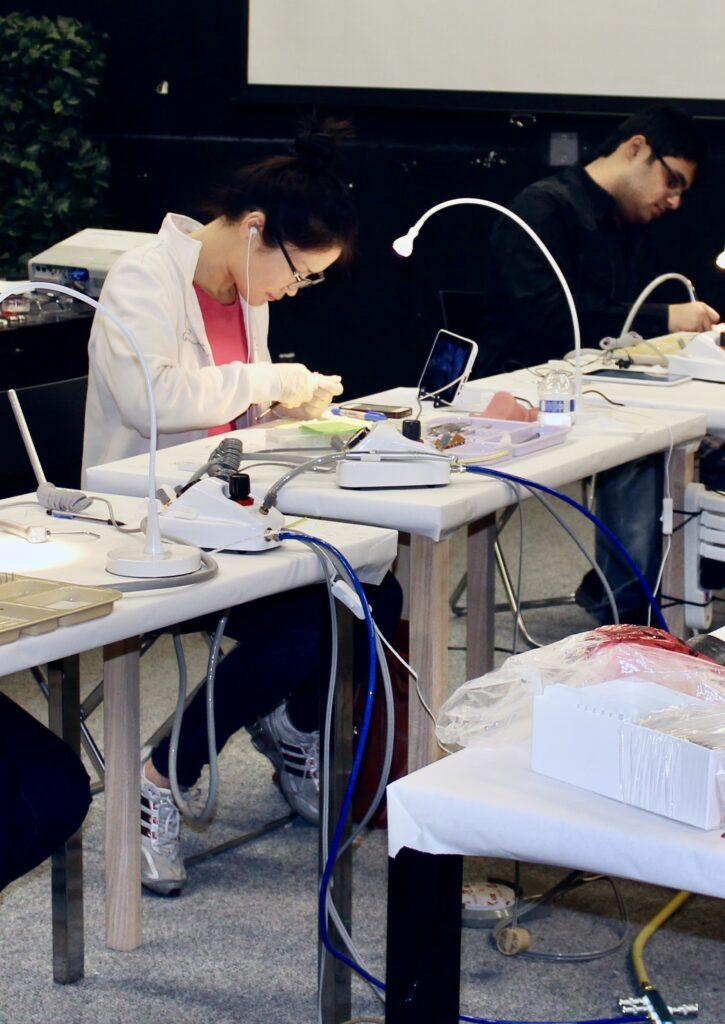
3. No Ongoing Support After the Course
A common frustration I hear is that once a bench test prep course ends, the support ends too. Candidates often feel “dropped off” right when they need continued guidance the most—which is why many end up joining Online Bench Test Mastery afterward, to receive continued feedback and suggestions on their work right up until their test day.
4. Ignoring the Interview
Most programs focus solely on bench test skills, leaving out interview prep entirely. But as every successful candidate knows, the interview can be just as important in determining your acceptance. Many candidates end up joining a separate course to get prepared for the interview, adding to the already-steep cost of the bench test prep course they signed-up for.
5. Underqualified or Inexperienced Teachers
This one surprised me when I first heard it: at some bench test prep courses, assistant teachers are international dentists who haven’t even gotten accepted into a program themselves. And in at least one case, the course is being run by someone who isn’t a dentist at all.
Yes, those bench test prep courses may come at a lower price point, but qualifications—and the depth of clinical experience—truly matter when your acceptance is at stake. Ideally, the instructor should be a general dentist or a prosthodontist. While other specialists may excel in their field, they’re not the best fit as bench test coaches, since bench exams are designed to assess mostly broad, general dentistry skills.
6. Oversized Classes
Large class sizes can make it hard to get the personalized attention you deserve. When you’ve invested so much into your preparation, you shouldn’t have to wait for a long time to have your work reviewed.
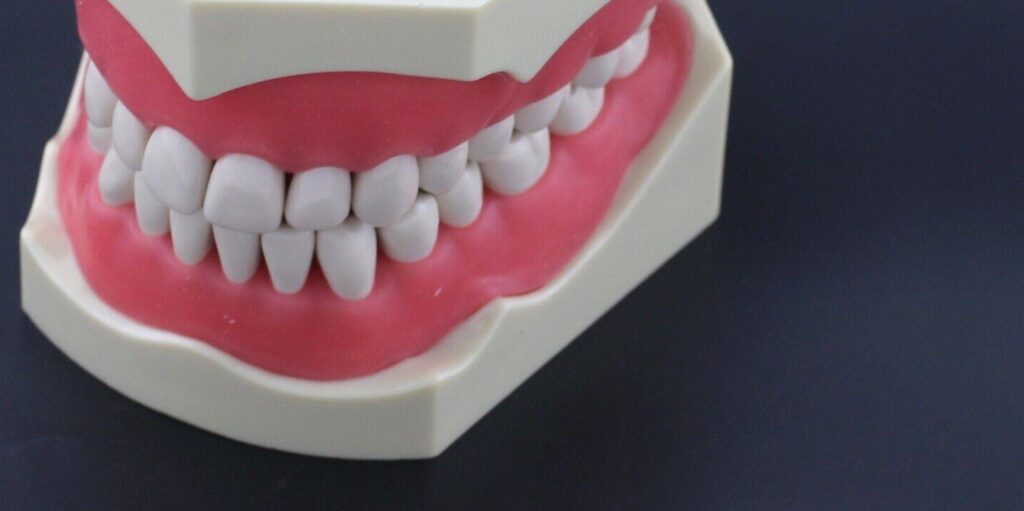
What We Do Differently With Our Live Bench Test Prep Course
When we designed our live training, we wanted to solve the exact gaps we saw in most other bench test prep courses. Here’s how we approach it differently:
1. Comprehensive Course Lengths (10, 7, or 5 days)
Instead of cramming skills into a few days, our formats give you the time to actually build and refine your hand skills—not just get a quick sample.
2. Custom Curriculum
Every candidate is different, and every bench test asks for different things. That’s why we design Bench Test Mastery LIVE around your needs, goals, and future possibilities—so you’re prepared no matter what comes up.
3. Step-by-Step Teaching with Empathy
I wasn’t born with naturally good hand skills—in fact, I had to work hard to develop them. That’s why I know how to teach improvement in a way that feels achievable, even if you’ve struggled or failed before.
4. Integrated Bench + Interview Training
Success isn’t just about your preps. It’s about how you present yourself. That’s why we combine bench test practice with interview preparation at an affordable price point.
5. High-Touch Mentorship
You’ll learn directly from Alyssa and Kevin, who bring decades of combined experience guiding internationally trained dentists into programs. No assistant teachers who are still waiting to validate dental licenses themselves—just expert mentorship you can rely on.
6. Beyond the Bench Test
Alongside bench test preparation, we include an application review and two mock interviews, so you strengthen every part of your candidacy.
7. Pre- and Post-Course Support
Your growth doesn’t start when the live bench test prep course starts, and it doesn’t stop when it ends. With our online Bench Test Mastery included with the LIVE course, personalized video feedback, and access to recordings and strategies, you’ll leave with confidence and the materials to keep improving.
A Side-by-Side Comparison
| Other Live Courses | Bench Test Mastery LIVE |
|---|---|
| Varies in duration, anything less than 5 days isn’t enough long enough | Comprehensive course lengths (10, 7, or 5 days) → enough time to actually build skill, not just sample it |
| One-size-fits-all curriculum | Custom curriculum designed around your needs + goals |
| Many instructors don’t know what it’s like not to have naturally good hand skills | I once struggled with hand skills too, and I know how to break things down so you succeed |
| Only focuses on bench test skills | Integrated bench + interview training → bench test + interview mastery all in one place |
| Taught by, or teaching is supplemented by underqualified instructors | High-touch mentorship from Alyssa & Kevin , no assistant teachers → decades of combined experience guiding candidates into programs |
| You only receive support during the live course→ no ongoing support | Pre- and post-course support → online Bench Test Mastery, recordings, feedback, strategies to keep improving |
Other Factors to Consider When Choosing a Course
Beyond the curriculum of the bench test prep course itself, there are practical details that can significantly shape your overall experience. A course that looks great on paper may become stressful—or far more expensive—once you factor in logistics. Here are a few important things to keep in mind.
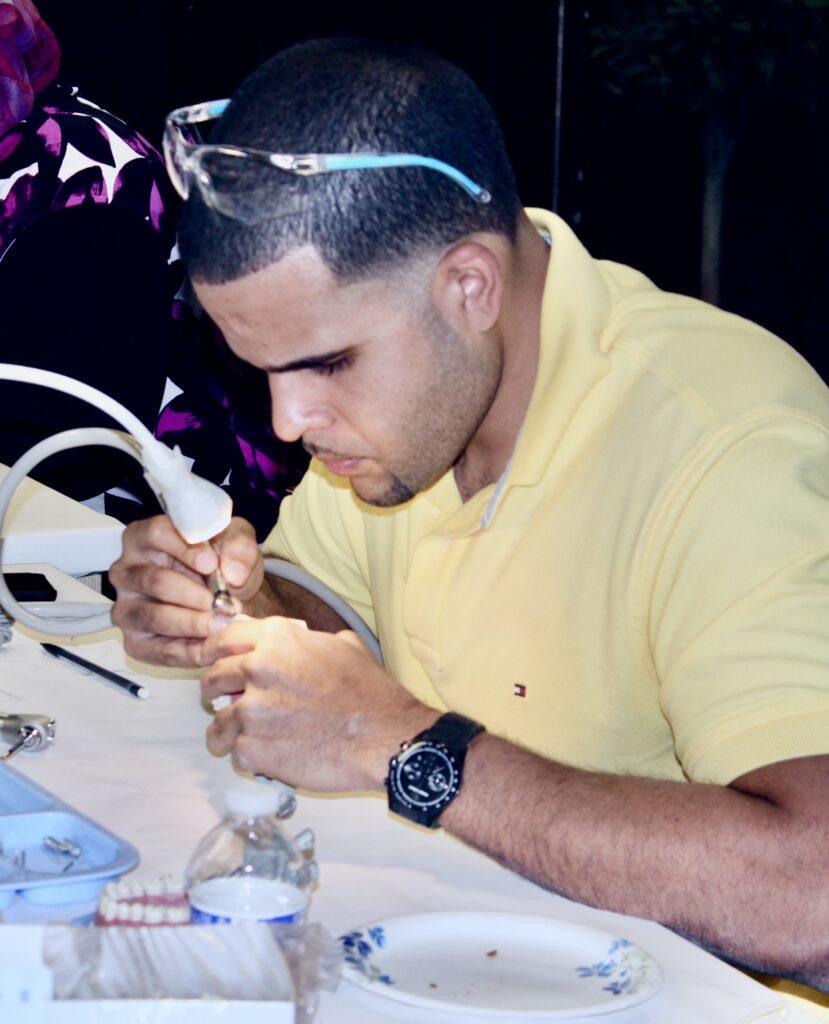
1. Accommodation Costs
Look into the price and availability of nearby hotels or short-term rentals, especially in large metropolitan areas like LA, where costs can add up quickly. For longer courses (5–10 days), accommodation may end up being almost as much as the course fee itself.
At our course, we help participants connect with potential roommates, and if there’s enough interest, we rent a shared house with a kitchen and relaxing common spaces to make the stay more affordable and comfortable.
2. Transportation
Consider how you’ll get around—from the airport to daily travel. Will you rent a car, rely on rideshares, or use other options? Planning ahead can prevent unnecessary stress and expense.
For those attending our program, we help arrange shared airport pickups (so you can share the cost) and also provide daily rides between the training site and accommodations at no additional cost.
3. Safety of the Area
While you’ll spend most of your time in class, the safety of the surrounding area still matters—for peace of mind when heading out early in the morning, returning late, or waiting for transportation.
Our program is hosted in Payson, AZ, a quiet, family-friendly mountain town that I chose as the place to raise my children—safety and community were big deciding factors in that move.
4. Extended Practice Hours
Check whether the facility allows participants to stay after class to continue practicing. Those extra hours can make a big difference in skill development.
We allow students to stay and practice late if they wish—those hours often give people the breakthroughs they came for.
5. Meals
Ask whether meals are included or if you’ll need to make arrangements yourself. Having food provided can save time, energy, and decision fatigue during long days of training.
We provide students with breakfast, lunch, and snacks each day of the course.
These are details not everyone thinks to evaluate, but they can make the difference between a smooth, focused training experience and one that feels unnecessarily stressful. We’ve worked to design our course with these practical needs in mind so candidates can focus on what matters most: growing their skills and confidence.
At the end of the day, every candidate deserves to choose the bench test prep course that feels like the right fit for them. What matters most is finding training that gives you confidence, clarity, and the tools to perform at your best.
If you’re looking for more than just practice—if you want a complete, supportive path that integrates skill-building, interview preparation, and mentorship—our bench test prep course was designed with you in mind. It’s not just about getting through a bench test; it’s about setting yourself up for acceptance.


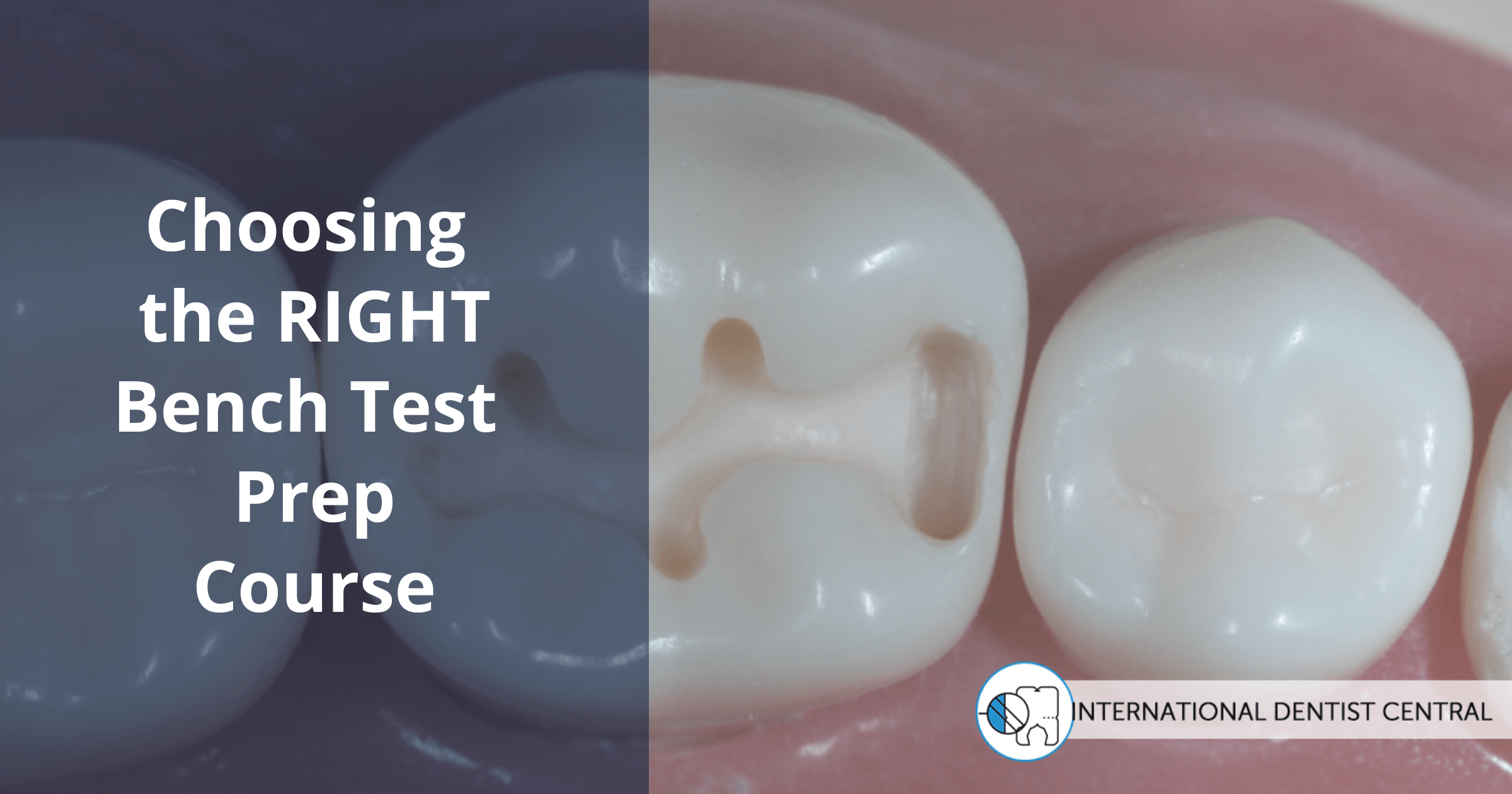

Leave A Comment